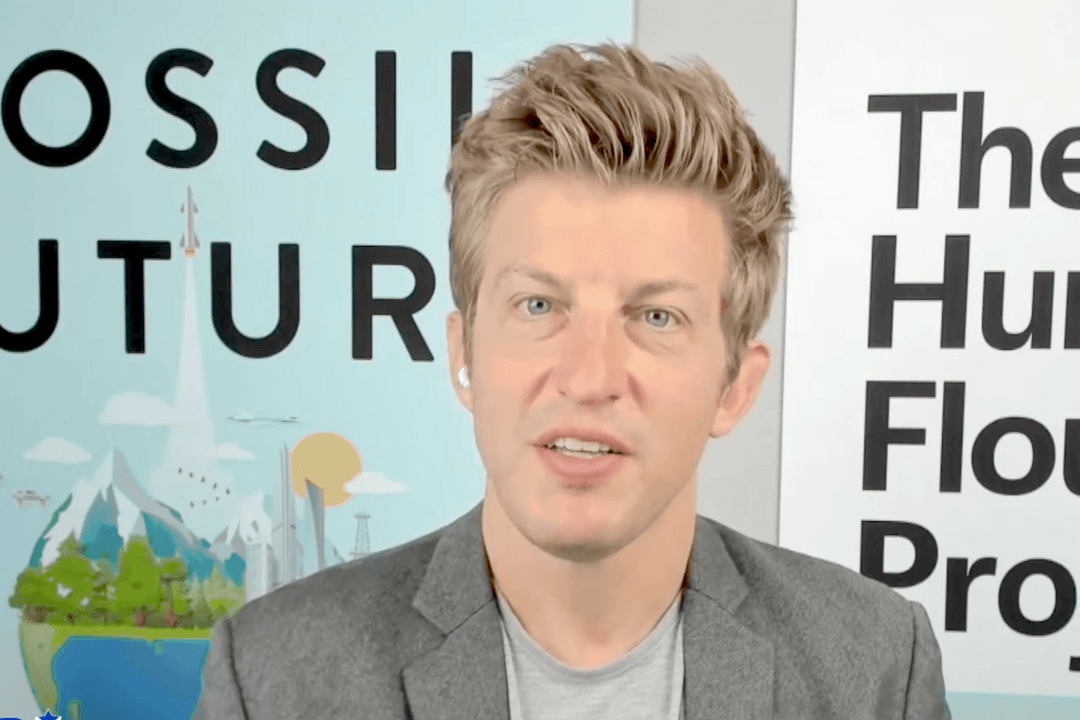Contrary to the mainstream narrative that we need to urgently replace fossil fuels with renewable energy to counter disastrous global warming, philosopher and energy expert Alex Epstein said humans should use more fossil fuels to make humans safe and productive.
“If you think about it with a rational, pro-human, philosophical perspective, it’s actually obvious that we should use more fossil fuels,” Epstein told NTD’s “The Nation Speaks“ program in a recent interview.






